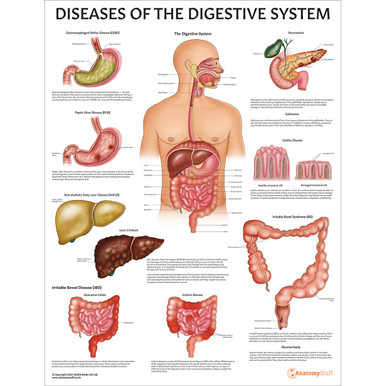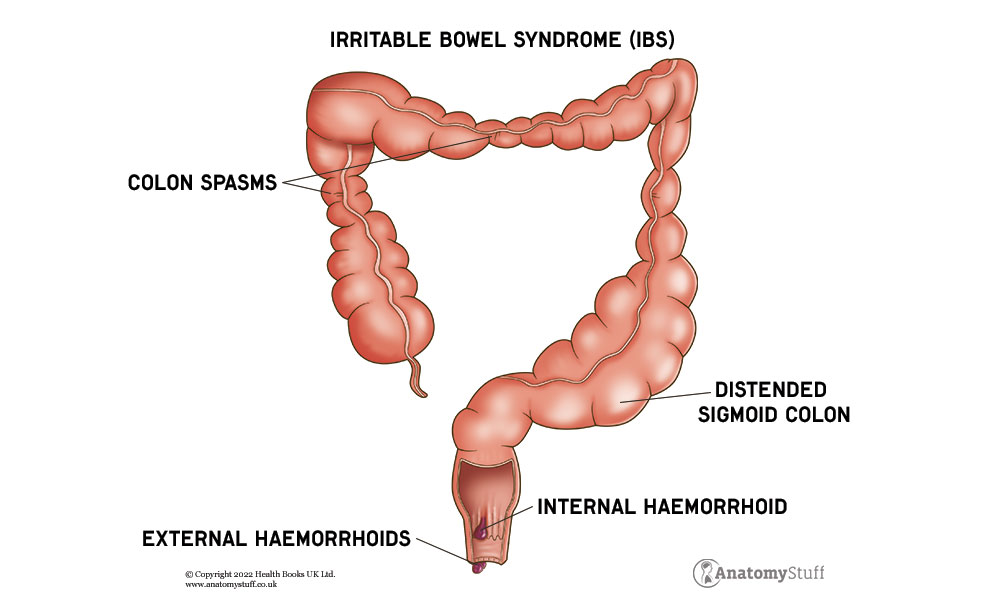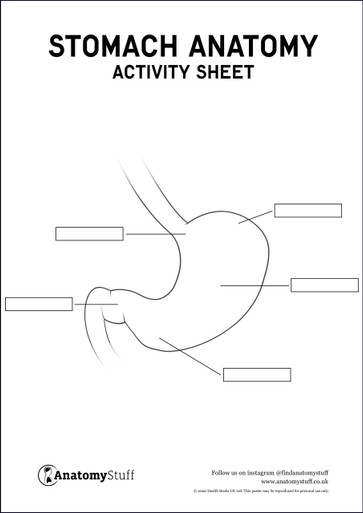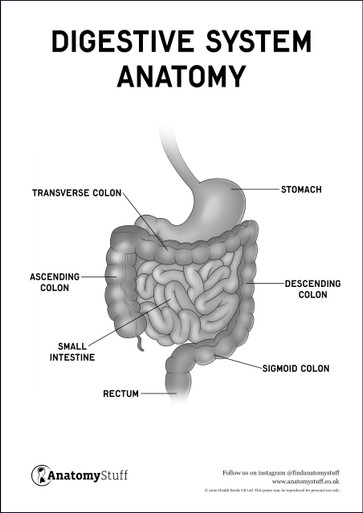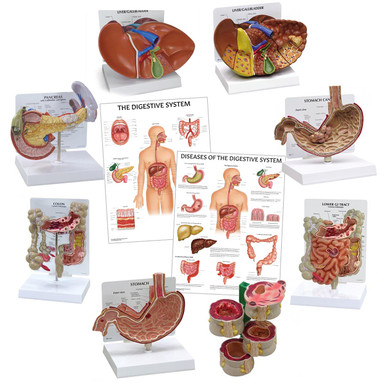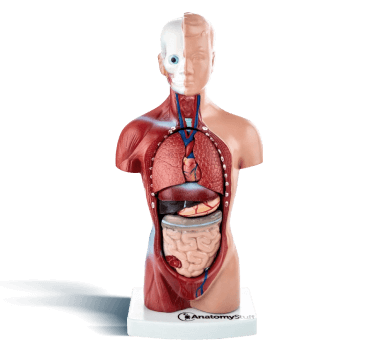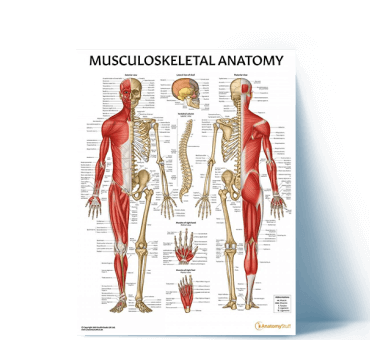Irritable Bowel Syndrome
Irritable Bowel Syndrome, also known as IBS, might not be a life-threatening health issue, but it sure can be an embarrassing and frustrating health condition to be affected with.
IBS is a condition that doesn’t discriminate; it can affect anybody at any stage in their life, and once it does rear its ugly head, treating and reversing it can be an extremely tough process.
Digestive issues can make life extremely unpleasant for people affected by them. Not only do sufferers have to deal with the physical pain and discomfort associated with the condition, but they also have to deal with the emotional side of things, as IBS can be embarrassing and can strike without warning.
IBS can be life-altering; there’s no denying that, but it doesn’t need to rule your life. With the right diet, lifestyle changes, and knowledge, living with IBS can be easier to live with.
Here’s a look at everything you need to know about IBS.
What is IBS?
IBS, or Irritable Bowel Syndrome, is a digestive health condition that primarily affects the large intestine.
While not life-threatening, it causes some very unpleasant symptoms, including:
• Bloating
• Stomach cramps
• Diarrhoea
• Constipation
• Nausea
• Flatulence
IBS can cause people to need to visit the toilet to empty their bowels more frequently than usual, plus it can also cause irregular stools in terms of their appearance. Stools as a result of IBS may be looser than usual, smellier, liquid, hard, thinner, or bulkier.
Contrary to popular belief, IBS does not make you more likely to suffer from digestive health issues and other colon issues such as colon cancer, ulcerative colitis, Crohn’s Disease, Diverticulitis, etc. It can, however, make life difficult because IBS attacks can strike suddenly, without warning, and can make things such as dining out or days out more stressful than they should be.
What causes IBS?
IBS is a prevalent health condition, and yet, despite this, experts aren’t entirely sure about the main causes of IBS.
Experts generally, however, believe IBS to be caused by a variety of different factors, including:
• Food allergies and intolerances
• Spastic colon
• Hypersensitive nerves in the colon
• Unbalanced levels of bacteria in the gut and digestive system
• Stress, anxiety, depression, and poor mental health which experts think could be due to elevated cortisol levels in the body.
Free PDF Downloads
View AllWhat are the best ways to treat IBS?
IBS is a condition that can not necessarily be cured entirely, but evidence suggests that it can be reversed permanently.
Here’s a look at some of the best ways of treating and preventing IBS:
Find out your triggers
One of the best ways of treating IBS is to find out which foods, foods, behaviours, or other variables can trigger an IBS flare-up.
If, for example, you notice that eating white bread causes your stomach to swell and bloat, resulting in you needing to go to the toilet shortly afterwards, it’s safe to say that white bread, and foods containing white bread, should be avoided.
Knowing what triggers your IBS is very beneficial because it means you can avoid eating, drinking, and doing certain things in the future, which would cause a flare-up and an IBS attack.
Clean up your diet
Of course, certain foods trigger IBS attacks in different people, but generally speaking, most people suffering from IBS tend to find that eating a diet rich in unhealthy, processed junk food is far more likely to cause an IBS attack than a diet rich in nutrients.
If you suffer from IBS, cut way, way, way back on the junk food and unhealthy beverages and instead eat plenty of healthy and nutritious food such as fruits, vegetables, complex carbs, and healthy fats. For hydration, be sure to drink plenty of mineral water.
Medication
While medication won’t necessarily treat your IBS, it will help manage the symptoms.
If, for example, you have a social gathering and are worried about an IBS attack causing diarrhoea, medication such as Immodium could be helpful. Just remember that these medications are not permanent fixes and are designed to mask and manage IBS symptoms.
Get plenty of sleep
As experts have found a direct link between mental health issues such as stress, anxiety, and depression, getting enough sleep each night can be very important.
It’s important to get enough sleep because a lack of sleep can increase your risk of poor mental health and can cause an increase in the production of cortisol. Cortisol is a stress hormone that we secrete in times of stress. It is this hormone that is thought to contribute to IBS attacks.
Eat foods beneficial for the gut
Because bacterial imbalances in the gut are also thought to contribute to IBS, eating foods beneficial for the gut is recommended.
Fermented foods such as kefir, sauerkraut, yoghurt, and kimchi are all very beneficial as they help restore healthy bacteria in the gut.
Foods rich in dietary fibre are also great, though just be aware that too much fibre can sometimes cause an IBS flare-up.
Finally, consider taking probiotic and prebiotic supplements as well.
Related products
View All